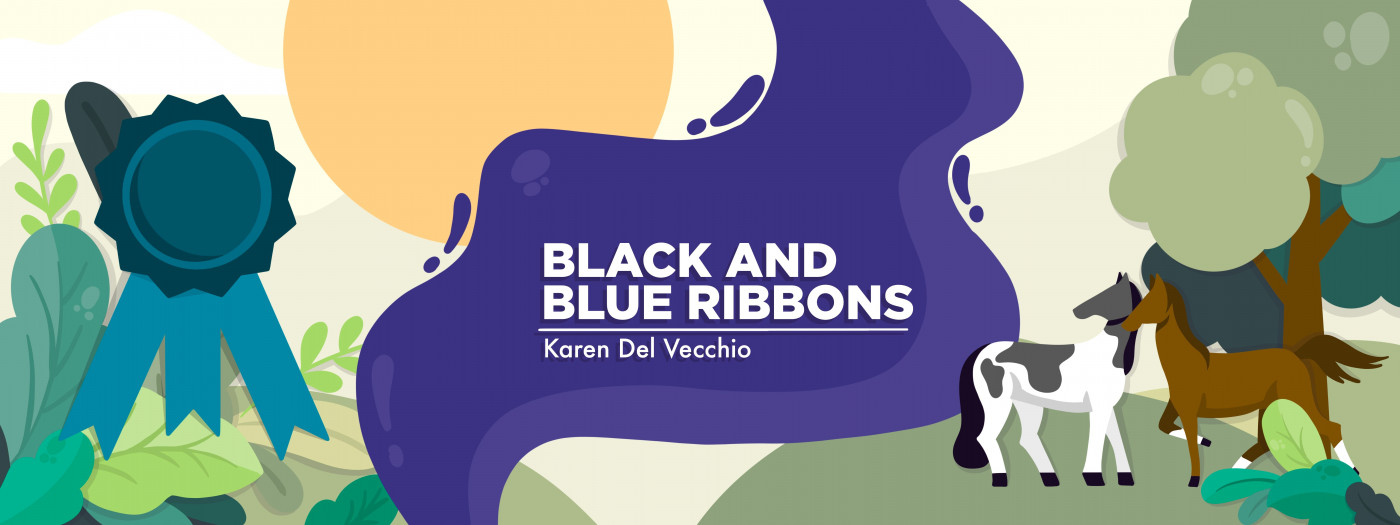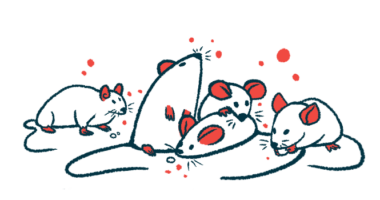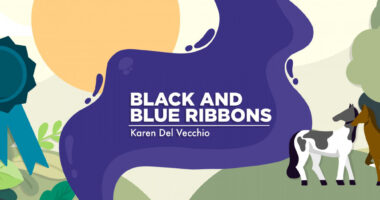How My Animals Provide Me With Physical and Emotional Therapy

As some of you may know, outside of being a high school teacher and college counselor, my life primarily revolves around animals. I live on a small, private farm where I help with chores and maintenance. That part-time job, this column, and my full-time teaching job allow me to have my two horses, two rescued cats, and two rescued dogs. I absolutely love animals, and generally speaking, the more of an underdog they are, the more I love them.
It’s not uncommon for people to wonder why I do so much to keep my animals. The bottom line is that they help me both physically and emotionally.
Riding horses has been amazing physical therapy for my various Ehlers-Danlos syndrome-related injuries. It’s low impact on my joints, but still allows me to get a good cardiovascular and muscular workout. As my doctor told me, riding is great, just don’t fall off! I recognize that and take care to ride calm, safe horses and always have the proper safety equipment.
The physical routine of caring for horses has also been great for me. There’s a lot of basic, repetitive actions involved in sweeping, cleaning stalls, and dumping water buckets, which keeps me active and moving without being overly taxing. And as strange as it may sound to nonhorse people, doing those kinds of chores really calms and relaxes my mind. When I clean stalls, I zone out, and the stress and anxiety of the day fade away for a while.
One of my horses has even been diagnosed with a general collagen disorder, making him hyperflexible and more prone to injury. What are the odds of that? I truly believe he landed with me because I can understand him and use my knowledge of EDS to help care for him.
My two rescue cats, Stuart and Harvey, remind me daily just how resilient we all can be. Stuart was blinded by an infection when he was about 6 weeks old, but you’d never know it. He has absolutely no fear, doesn’t comprehend the idea of feeling sorry for himself, and is one of the happiest creatures I’ve ever met. If I’m ever feeling sorry for myself for having EDS or frustrated about my limitations, Stuart reminds me that we don’t have to let obstacles define us.
His brother, Harvey, was semi-feral before he was trapped by animal control at about 6 months old. He was absolutely terrified of people, and when I brought him home, he lived under my bed for about a month. I’d look down and make sure I still found eyes under there. He slowly got braver and bolder, though an unfamiliar sound or smell would send him bolting back to the safety of the bed or couch. Now, he hardly ever hides and sleeps on my bed every night. Harvey helps remind me that when my anxiety flares, I can work through it just like he does.
And last but not least, my two rescue dogs bring me daily joy. They’re always so happy to see me when I get home, and they often follow me around the house and farm as I do chores. A cookie, cuddle, or simple “Good boy!” or “Good girl!” sends their tails wagging. Watching them, I remember to find joy in the little things, which can be easy to miss, especially if we’re focused on managing our daily needs.
My animals are more than worth the time, physical soreness, and cost involved in caring for them, given how much they benefit me physically and mentally. It’s not always easy, but for me, it’s a no-brainer. I wouldn’t trade the work, effort, and joy they give me (and that I hopefully give to them!) for anything.
Note: Ehlers-Danlos News is strictly a news and information website about the disease. It does not provide medical advice, diagnosis, or treatment. This content is not intended to be a substitute for professional medical advice, diagnosis, or treatment. Always seek the advice of your physician or other qualified health provider with any questions you may have regarding a medical condition. Never disregard professional medical advice or delay in seeking it because of something you have read on this website. The opinions expressed in this column are not those of Ehlers-Danlos News or its parent company, Bionews, and are intended to spark discussion about issues pertaining to Ehlers-Danlos.








Leave a comment
Fill in the required fields to post. Your email address will not be published.